Reviewed on: PC (Ubi Launcher)
Distributor provided a review copy.
My experience with the ASSASSIN’S CREED franchise is a love-and-hate relationship. I adored the first one, released back in 2007, and almost single-handedly reinventing the genre. After that, every other release has disappointed me somehow, either burying the fun stuff (the adventuring and assassinations) under the portentous future sci-fi plot or dull and unrewarding gameplay mechanics. I wasn’t thrilled about jumping into VALHALLA, the twelfth installment in the series.
So imagine my surprise when VALHALLA turns out not just to be the best ASSASSIN’S CREED game made to date, but one of the best games of the year, and a stellar reflection on what makes open-world games so much fun.
Set in 873 AD, VALHALLA picks up as overcrowding, in-fighting, and war ravages Norway. The many clans and kings all grasp at any strands of power they find, leaving the entire landscape fraught with minor clashes left and right. At the center of this is the Raven Clan, born from the ruins of another, brutally betrayed and murdered years earlier. The clan’s best fighter, Eivor, seeks vengeance for their parents and grows tired of their home’s limited life.
Eivor is easily the best leading character the series has yet seen. I played as the female version, which seems to be the canonical pick, though players can choose to be either male or let the Animus, the AI program the games take place in, decide at critical moments in the story. It’s a fascinating attempt at introducing non-binary elements into the game, but one that doesn’t work as flawlessly as you’d hope.
Regardless, Eivor is a well written and thoroughly likable lead. I enjoyed every minute of exploring both Norway and England as her. For the first time since the original, ASSASSIN’S CREED won me over with terrific writing on both narrative and character levels.
While VALHALLA begins in Norway, a world filled with things to do and places to see, most gameplay occurs in England. After exploring London in great detail with BROTHERHOOD, and historical Paris in UNITY, VALHALLA opts for a time when cities were born. You’ll easily recognize what everything is standing in for, but it’s a nice change of pace to find a time when the rural culture was king.
After landing on the new old world’s shores, Eivor sets her crew and people to build a home for themselves. There are no cities just yet, but sprawling hamlets and villages, each with the potential to grow into an empire. Here, too, there are rival clans and bitter feuds that date back thousands of years. It’s a land where old Gods battle with the rise of Christianity, and at the heart of it is the eternal conflict between Assassins and Templars.
Before England can find itself during these formative years, Eivor and her clan will leave a mark on the landscape as they knit the bones for a country that, like all others, came to be from a unified vision of a million strangers.
VALHALLA embraces its grandiose storyline by crafting the most fully realized ASSASSIN’S CREED game to date. Every detail of the English countryside is exquisite, and there’s a sensation that a new adventure waits behind every hill and river. By letting go of some of the series worn down staples, namely the cluttered maps with endless fetch-quests, VALHALLA allows the story and world to breathe for the first time in years.
The main storyline in VALHALLA splits into episodic tales of warring factions and budding empires. Each of them takes around three to five hours to complete, though that can quickly multiply depending on how much exploring you do. An early quest sees you helping a stranded war chief first find their advisors, scattered across the wilderness, only for the story to expand into a sprawling tale of betrayal and love. Between battles, you play as a detective, shrink, and confidant in helping a potential ally find peace on the battlefield.
Structurally, a lot of this is in line with WITCHER 3, which, too, saw the main storyline break into sidequests that could have easily filled lesser games. VALHALLA lets the player make multiple choices during their adventures, each affecting the outcome of the conquests and the fate of their home.
Taking a cue from the Rockstar playbook, VALHALLA emphasizes random missions from strangers stronger than before. These range from the oddly demented (a couple needs help to reignite their lovemaking) to surprisingly touching. It’s a refreshing change of pace, which allows a break from the expansive main storyline without sacrificing worldbuilding.
Not that you’d want to ignore the main quest, which also feels like Ubisoft has found its groove again. Dealing with themes of home, societal structure, memory, religion, and hierarchy, it’s an ambitious and sprawling epic in every way. One that finally feels like it’s hitting all the right notes after numerous gaffs the series has experienced. While not all elements are as fully rounded or nuanced as you’d hoped (this is, still, fantasy wish-fulfillment), VALHALLA does feel like the mature exploration of topics the series has always strived to tell.
The action, likewise, has received a facelift and feels exciting and thoroughly remarkable. Between raiding, pillaging, and invading foreign kingdoms, VALHALLA throws in minor scuffles to keep the pacing brisk.
Traveling through backroads or far-off countrysides, England has a bountiful share of bandits, animals, and hidden catacombs to discover. How the latter comes into play is best to find out for yourself, but suffice to say, there is so much beneath the surface of VALHALLA that even after thirty hours, I feel like I’m scratching the surface.
You’re also not locked into any particular playstyle, as VALHALLA’S skill and level-up systems are, again, the best in the series. Reminiscent of the increasingly complex format found in PATH OF EXILE, VALHALLA allows players to build Eivor into precisely the kind of adventurer they feel like playing. A massive web of minor talents, the skill grid spreads into different schools of thought, some heavy on brawling, others emphasizing stealth. These connect in surprising pathways; the further you explore them, each rewards you in its way.
If there is an area where VALHALLA truly fumbles the play, it’s in the future-set storyline, which still, after all these years, feels like an afterthought. The mythology is as muddled as ever, and every time the game pulls you out of the Animus, it feels like a chore. I keep wishing that Ubisoft would embrace the historical fantasy simulator aspect more wholeheartedly and disregard their attempts at crafting a modern-day sci-fi thriller. Still, it seems like this staple is not going anywhere.
Worse, if you’re like me and haven’t kept up with the complex lore, either by reading the wikis, comics, or paying attention over the last fifteen years, none of this will make any sense. I remember Desmond, who made an impression thanks to the excellent performance by Nolan North, but he’s been out of the picture for a decade.
But these are minor quibbles, as even Ubisoft seems to be eager to return to the world of their making, leaving the future characters as thinly drawn caricatures without much personality. Luckily, compared to the first trilogy in the series, I counted visits outside the Animus with one hand.
VALHALLA feels like a natural conclusion to the series, even as it works as a rebirth. There are clear storylines the game brings to closure, not all of them successfully, but at least it’s an ending. I still shudder to remember how poorly the series handled Desmond’s storyline’s finale and how abrupt the shift into the next generation of Assassin ended up being. VALHALLA has nothing of the sort to worry about; the torch’s passing here is graceful and impactful, something that feels important to the franchise.
At the end of a console generation, VALHALLA has an undesirable position of fitting in between two very different eras. As such, it looks as good as it possibly can look on aging hardware (and what Ubisoft has wrangled out of the old systems is magical). But it’s also at a point where gamers are hopefully moving on from certain mechanics and into something new. In discarding a lot of what made the series famous, VALHALLA feels like it acknowledges this change and wants to celebrate its legacy one last time before stepping into the unknown.
How appropriate then, that among gods and monsters and historical lore, VALHALLA is at its best when it concentrates on what comes next. In fully embracing the wonder of the passage of time, VALHALLA crafts a world that feels vivid and real precisely because it is in constant change. As you complete quests for factions, there’s a good chance you’ll never see them again except in passing. Life during the conquest years moves fast. Building Ravensthorpe, your home, there’s a melancholy realization you’re planting trees under which you’ll never sit.
It’s still a thrill ride with dozens of epic adventures, but who knew that ASSASSIN’S CREED had in it such a mature and beautiful soul, after all these years?


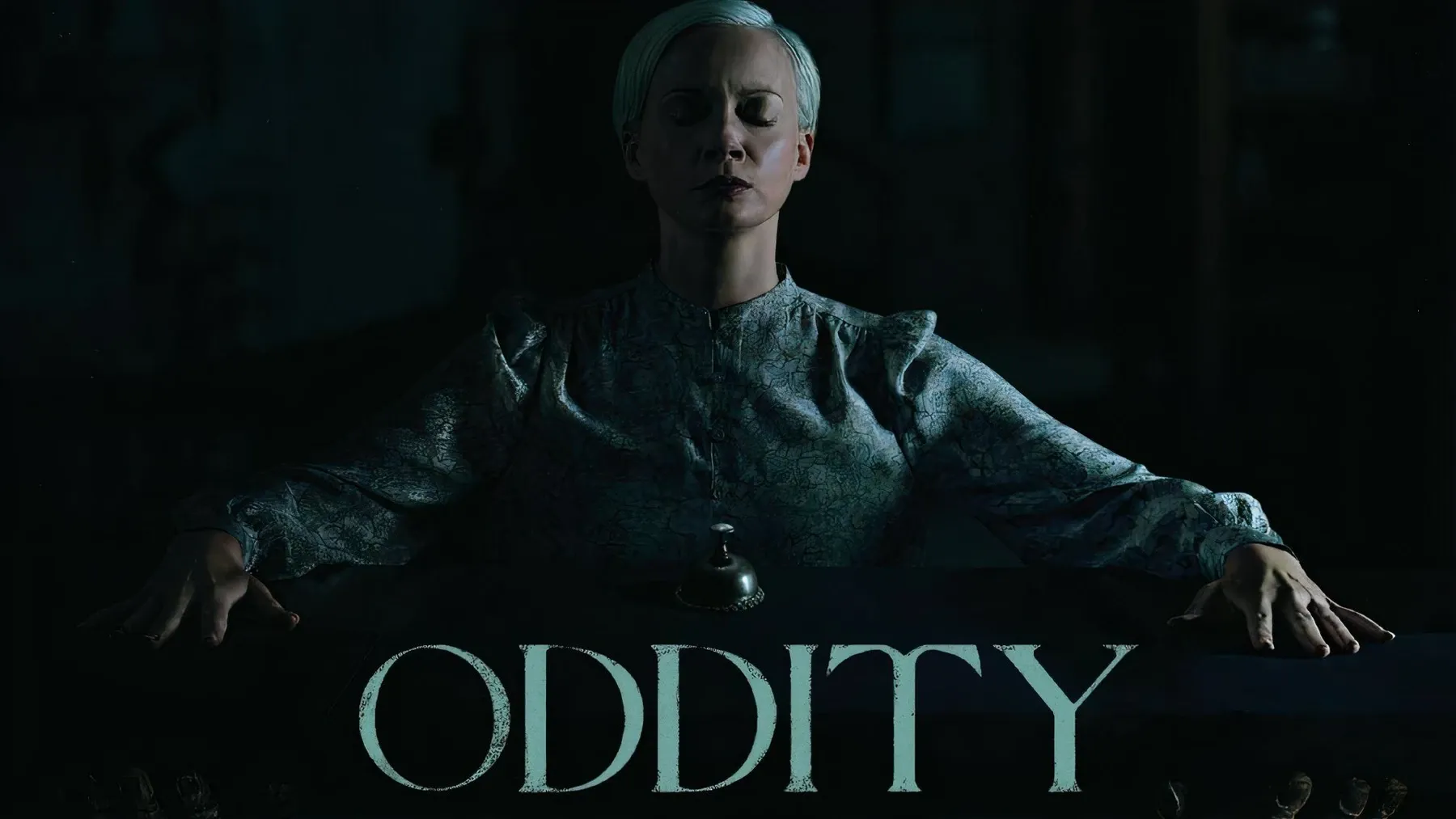

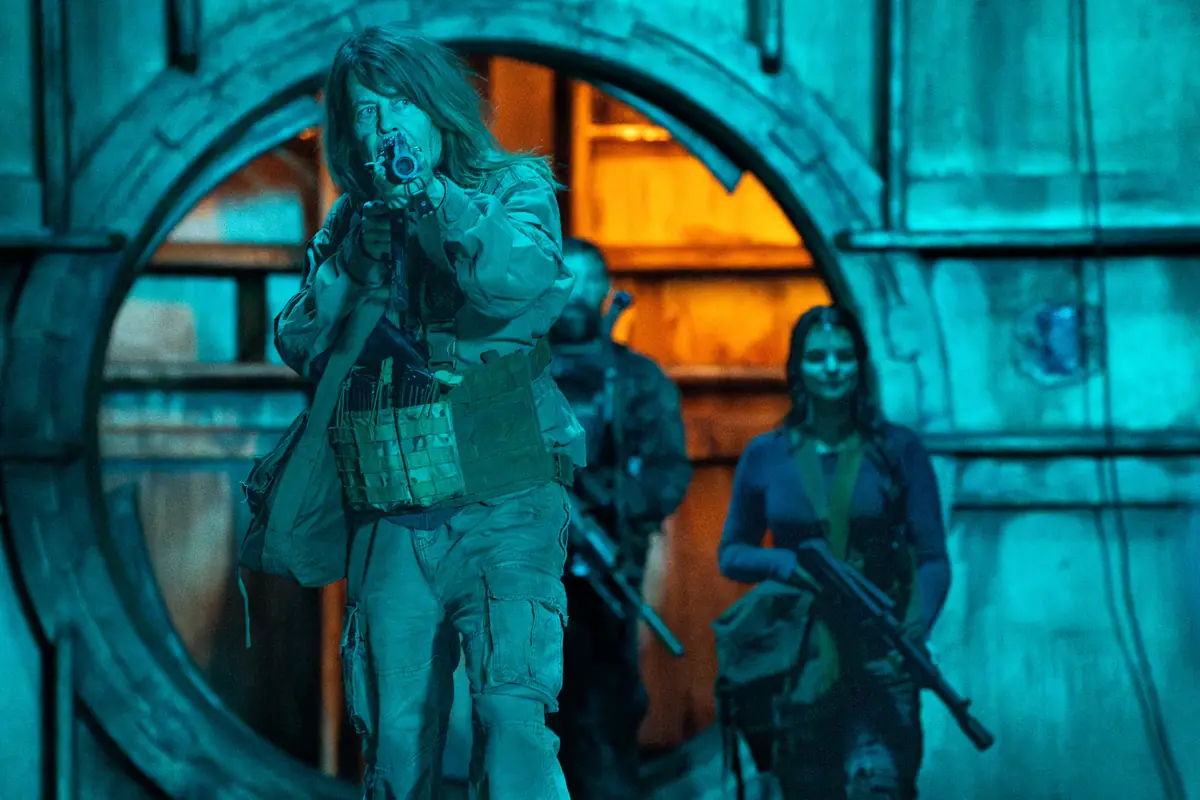

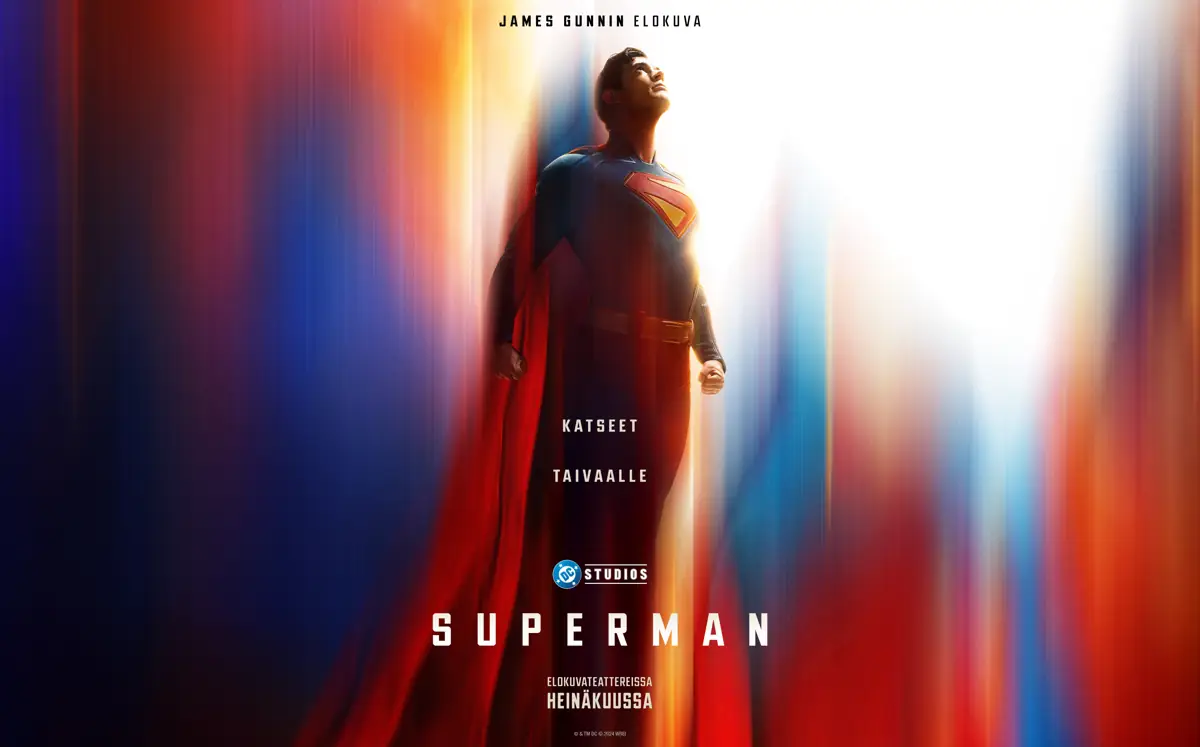


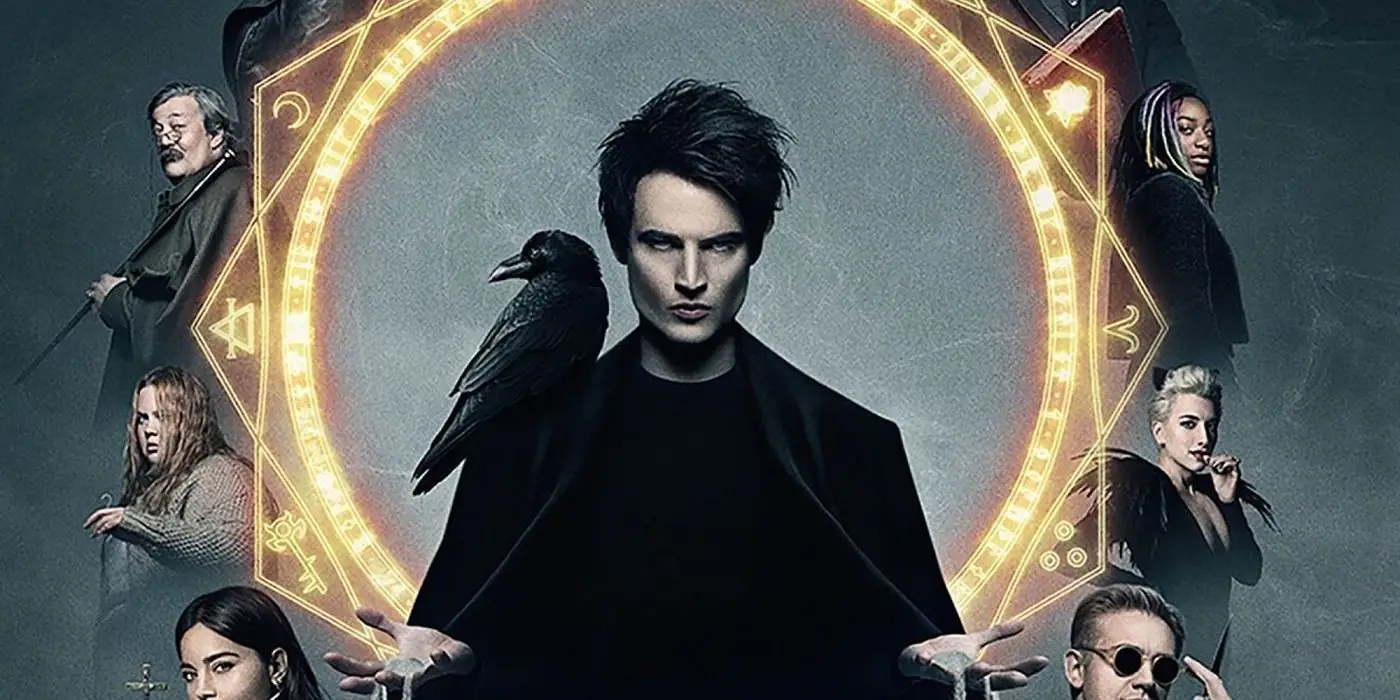
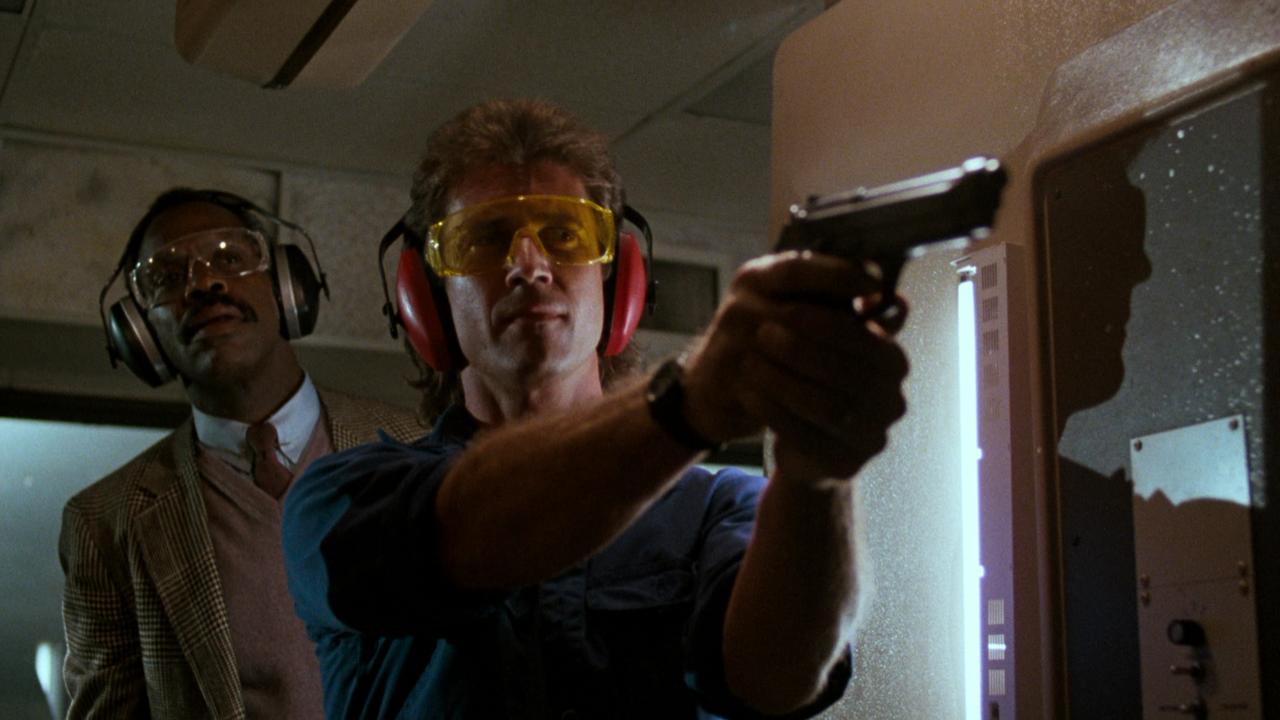


Discussion